LEWISTON — The cannabis industry in Maine is a big money-maker, make no mistake about it. In 2020, Maine’s medical marijuana industry generated $266 million in sales, according to Maine Revenue Services, surpassing sales in the state’s traditional leading cash crops of blueberries and potatoes.
In its first year — September 2020-September 2021 — recreational cannabis, or “adult-use” as the state of Maine refers to it, generated $58.5 million in sales revenue, $8.8 million in sales excise tax revenue and $65 million in direct and indirect spending by businesses and employees associated with the industry. From January 2021-December 2021, gross sales of recreational cannabis topped $81.8 million.
The growth rate is nothing short of phenomenal and is documented and analyzed by student researchers at Colby College in the first detailed economic study of Maine’s recreational marijuana industry. With growth rate estimates between 20-25% per year, it’s not hard to figure out where the industry is headed.
“Maine’s adult-use cannabis industry continues to be one of the fastest growing segments of the state’s economy,” said Erik Gundersen, director of Maine’s Office of Cannabis Policy. “The growth of the industry shows consumer demand for cannabis and cannabis products.”

Cannabis infused items on sale at a medical marijuana store in Lewiston. Russ Dillingham/Sun Journal
CASH IS A PROBLEM IN AN ALL-CASH BUSINESS
But there’s a problem facing the state’s growing marijuana industry that is rare for a legal industry: finding a bank to do business with. The perceived stigma of the cannabis industry and constant fear of federal government scrutiny and intervention keep the vast majority of banks and credit unions across the country from doing business with marijuana-related businesses of any kind.
The cannabis industry largely operates on cash. You can’t write a check or pay with a credit or debit card at a dispensary or retail store. Customers pay in cash. Earlier this year Visa Inc. even issued a warning to merchants that the use of cashless ATMs violates their terms of service.
Under this practice, buyers use a bank card to pay for the merchandise using a point-of-sale device. The money comes from their account and goes to the store and the customer gets the cannabis. In doing so, store owners change the code as if it was a cash withdrawal. Amounts are taken out in $5, $10 or even $20 increments to resemble ATM withdrawals. So if the sale total is $62 the customer may withdraw $65 and get back $3 from the sale. This practice, as one industry veteran put it, amounts to bank fraud.
Despite the common belief that banks are prohibited by law from doing business with cannabis companies, there is no such law. But the reality is marijuana remains illegal at the federal level, and the federal government regulates all banks and credit unions in the country. And that makes many bankers uptight about doing business with the cannabis industry.
Jim Roche is president of Maine Bankers Association, which represents the state’s 29 retail banks. When asked for the group’s position on doing business with the cannabis industry, his response was: “The only existing guidance for bankers on how to handle marijuana-related businesses was issued by the U.S. Department of Treasury’s Financial Crimes Enforcement Network in February 2014. However, guidance does not constitute federal law and, until Congress makes changes to federal law, most banks are reluctant to accept risks associated with offering banking services to cannabis-related businesses.”
Maine’s history with medical marijuana and legalization dates back to 1999. Then, in 2018, adult-use was also legalized. Until recently there were only three banks in the entire state willing to accept cannabis businesses as customers. Now, there are no options for entrepreneurs who want to get into the cannabis business, according to one veteran of the industry, who spoke with the Sun Journal under the condition of anonymity, because the three banks aren’t taking new customers.
“So, at this point there are actually no options. If I was just a whole new company to open up, to my knowledge there are no options for banking right now,” the entrepreneur said. That means that everything must be paid in cash, which presents its own set of issues from security to paying taxes. Many companies that offer services to businesses, such as payroll and human resources services, will not accept cash.
In those cases, the only option is to convert the cash into money orders, which are usually capped at $1,000. If you do more than three in one day, USPS and other merchants make you fill out and submit a federal form and require a government-issued photo identification. Cashier’s checks can be drawn for larger amounts, but are issued by banks and, you guessed it, some require you to have an account. While such methods are work-arounds for the industry, they’re a major impediment to conducting business that other industries in Maine don’t have to deal with.
CANNABIS INDUSTRY CAUGHT IN THE MIDDLE
Even for the cannabis businesses that have a banking relationship, owners still feel caught in the middle. Banks and credit unions that do business with the cannabis industry charge high fees for handling what they consider “high-risk” businesses.
“One percent of all deposits — that’s our bank fee in addition to $100 a month per account,” the entrepreneur said. “It really adds up, especially when you’re a high-volume business like us. It ends up being a lot of money.” In his case, well over $100,000 a year. Then there’s the paperwork. In addition to turning over all their licenses, articles of incorporation and other documentation, they must upload their updated financial information monthly, which is not the norm in retail.
Additionally, the company owner said he cannot spend the cash his business takes in, but must deposit all of it under the bank’s requirements. “If there’s things that don’t add up, even if we have a perfectly valid explanation for it, you know we spent cash, which you would think we have the right to spend the cash,” the entrepreneur said, adding it goes back to the 1% fee charged by the bank.
The entrepreneur asked that the Sun Journal not name the bank, over concern it might terminate the relationship.
Despite the situation in Maine, earlier this year Bloomberg reported that the number of credit unions and state-chartered banks venturing into the industry has been quietly accelerating. Green Check Verified, a fintech firm that sells software to financial institutions to help navigate the extra regulatory requirements of dealing with cannabis companies, reported that in 2021 the number of financial institutions that it works with grew 270% to around 100 banks and credit unions.

A display case with various pipes and smoking materials. Russ Dillingham/Sun Journal
SOLUTIONS MUST COME FROM THE FEDERAL GOVERNMENT
There are three primary solutions to the cannabis industry conundrum being actively pursued by the industry and federal legislators: The SAFE Act of 2021, the MORE Act and the de-scheduling of marijuana from the Schedule of Controlled Substances, established by the Controlled Substances Act of 1970.
Both SAFE and MORE are legislative solutions that require passage by both houses of Congress and that has proven to be an uphill battle in the Senate. The third solution is simply to de-schedule cannabis from the list of controlled substances. This does not require Congress to pass anything. The U.S. attorney general has the authority to initiate proceedings to de-schedule or reschedule any drug.
The first one — the Secure and Fair Enforcement Banking Act — would prohibit federal regulators from prosecuting banks, credit unions and other financial institutions who provide banking services to legitimate cannabis-related businesses and ancillary business that serve them, such as plumbers, electricians and landlords. The bill has passed the U.S. House six times but has not been taken up by the U.S. Senate despite bipartisan support.
The MORE Act — Marijuana Opportunity Reinvestment and Expungement Act — would de-schedule cannabis from the Controlled Substances Act and put in place social and justice reforms related to cannabis, including the expungement of prior convictions relating to cannabis.
“The easiest thing and, in my opinion, the best thing and the cleanest thing would be for the federal government to simply de-schedule cannabis,” is how the entrepreneur looks at the choices.
Maine Sen. Craig Hickman, D-Winthrop, agrees, writing: “Cannabis enterprises in Maine are small businesses that create good-paying jobs and invest in their communities. It’s beyond time for Congress to de-schedule and free the plant, allowing states to regulate the cultivation, sale and distribution of cannabis as they see fit.”

Cannabis infused cashews on sale at a medical marijuana store in Lewiston. Russ Dillingham/Sun Journal
The American Bankers Association and the Maine Bankers Association are among a long list of organizations that support passage of the SAFE Act. In a statement to the Sun Journal, Roche writes; “The U.S. House has passed this law six times. The legislation is now under consideration in the U.S. Senate. Maine Bankers Association supports the SAFE Banking Act and has communicated its position to our state’s congressional delegation.”
The final paradox is that both the state and federal government expect cannabis businesses to pay taxes. Sometimes it’s paid in cash. A statement from the Department of Administrative and Financial Services states, in part: “Cannabis-related business, both adult-use and medical, can pay their taxes in Maine in the same manner as any other business paying Maine sales tax, including cash, check, or ACH debit. Our Service Center only receives an average of 1-3 individual taxpayer requests per month to accept an on-site cash payment.”
For the cannabis industry, federal taxes must be paid under IRS Code 280E, which specifically targets the cannabis industry. It does not allow businesses that file under the code to deduct any business expenses other than cost of goods sold, resulting in tax rates of 80-90%, according to MJBiz Daily, which reported on the use of 280E using documents obtained from the IRS under the Freedom of Information Act.
IN IT FOR THE LONG HAUL
Despite the risks, the high cost of doing business and all the legal and tax implications combined, it seems clear the rewards are worth it. At least 47 states, four U.S. territories and the District of Columbia have legalized some form of medical or recreational marijuana.
“A lot of companies, ourselves included, are thinking more big picture and long-term,” said the cannabis entrepreneur who spoke to the Sun Journal. “And when — and I do think it is a matter of when — banking regulations do open up and credit and debit card transactions become a thing, we want to be able to do it and not have already been blacklisted.”
In fact, he said he anticipates being audited, which is why, he said, he is keeping his business squeaky clean.
As for the federal government: “I think the reason why the federal government isn’t rushing to decriminalize is because they have to figure out how to offset the amount of money they’re making off 280E. Right now they are raking it in. They’re taking more of our profits than we are.”
Send questions/comments to the editors.


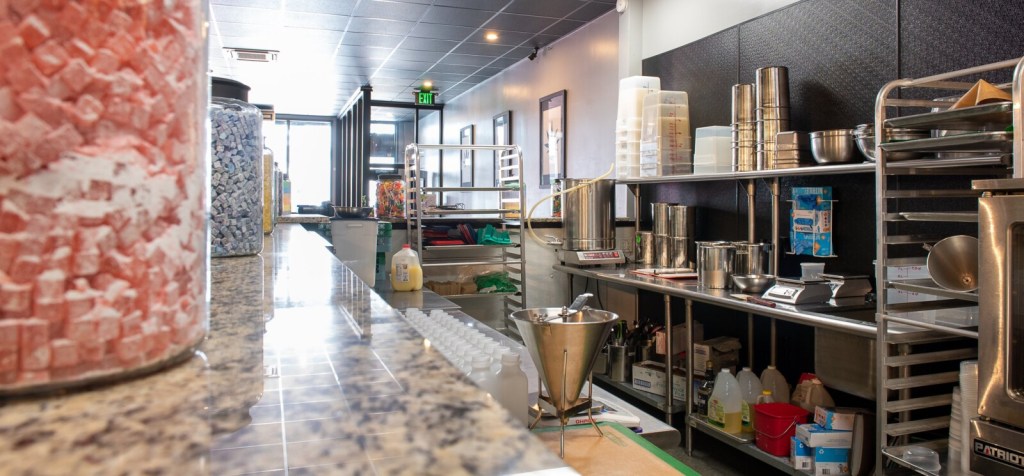
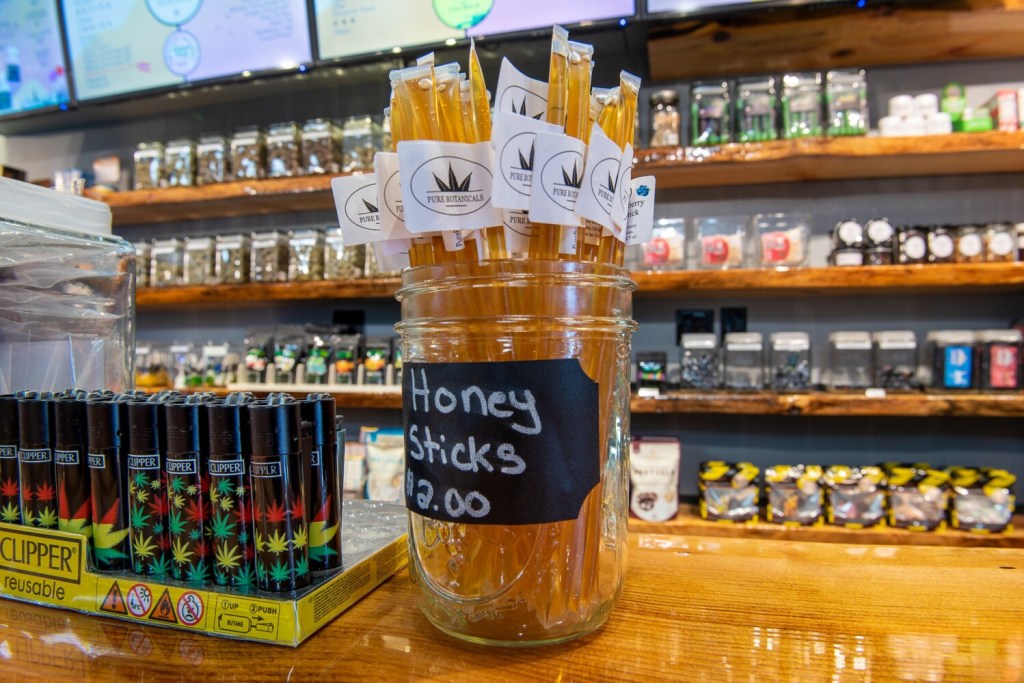
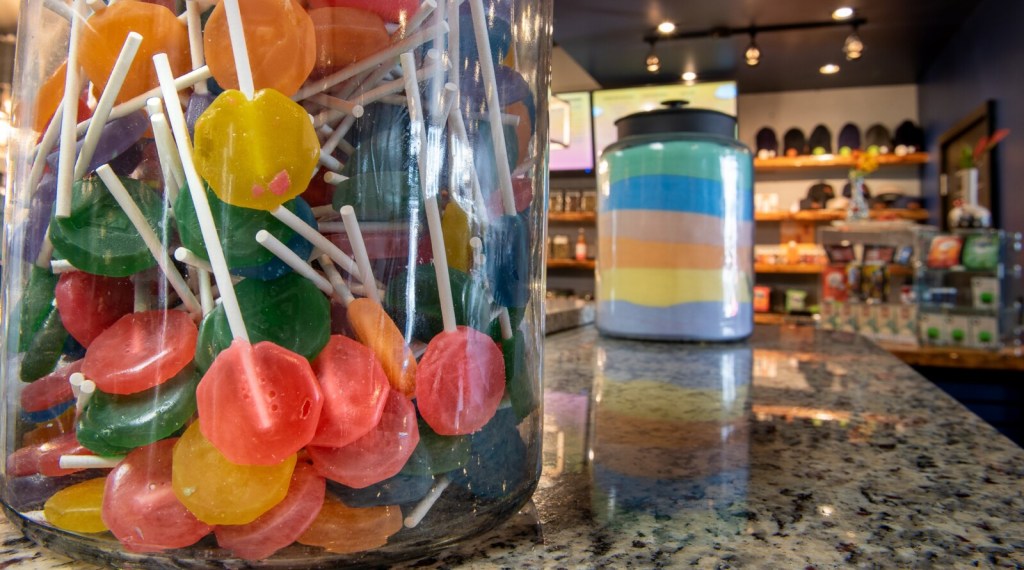
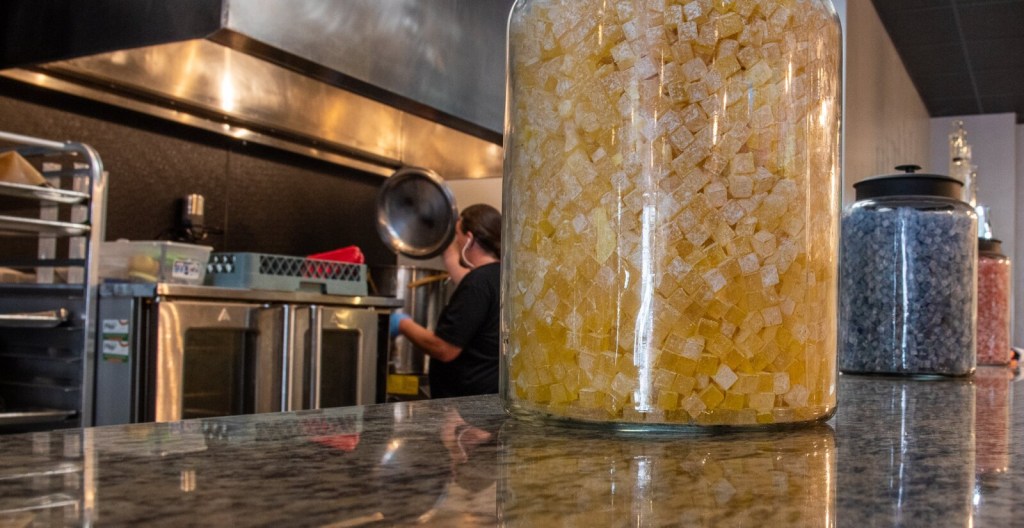
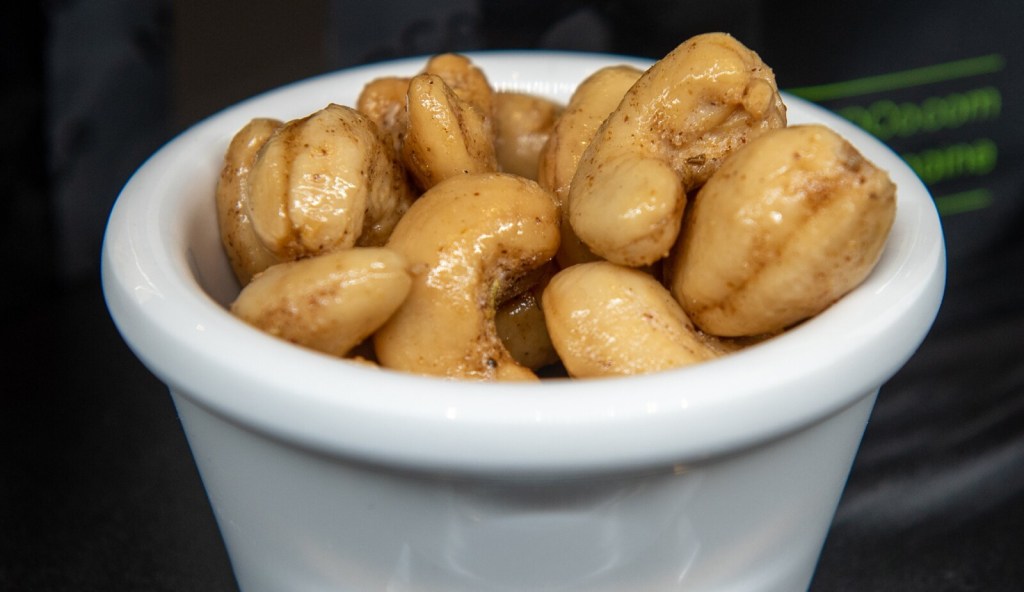
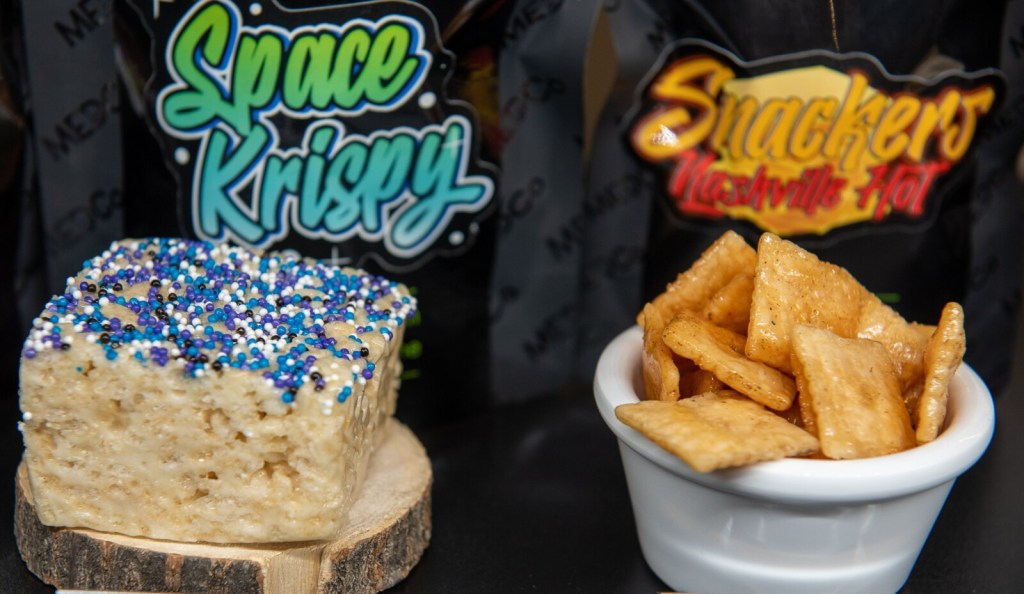
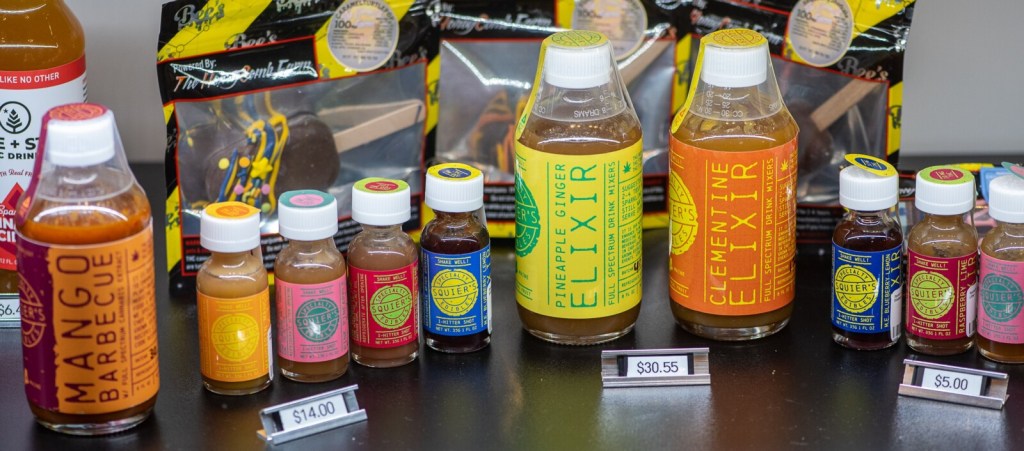
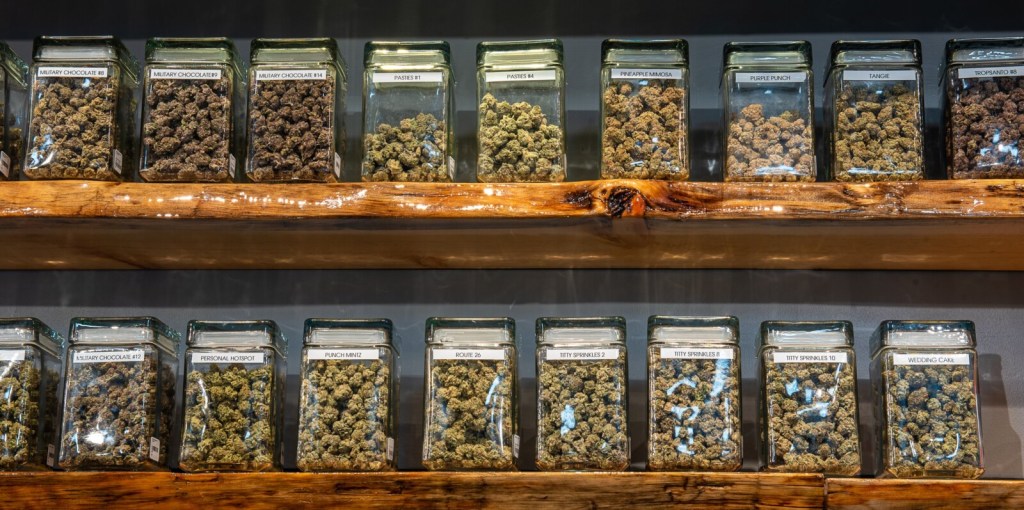
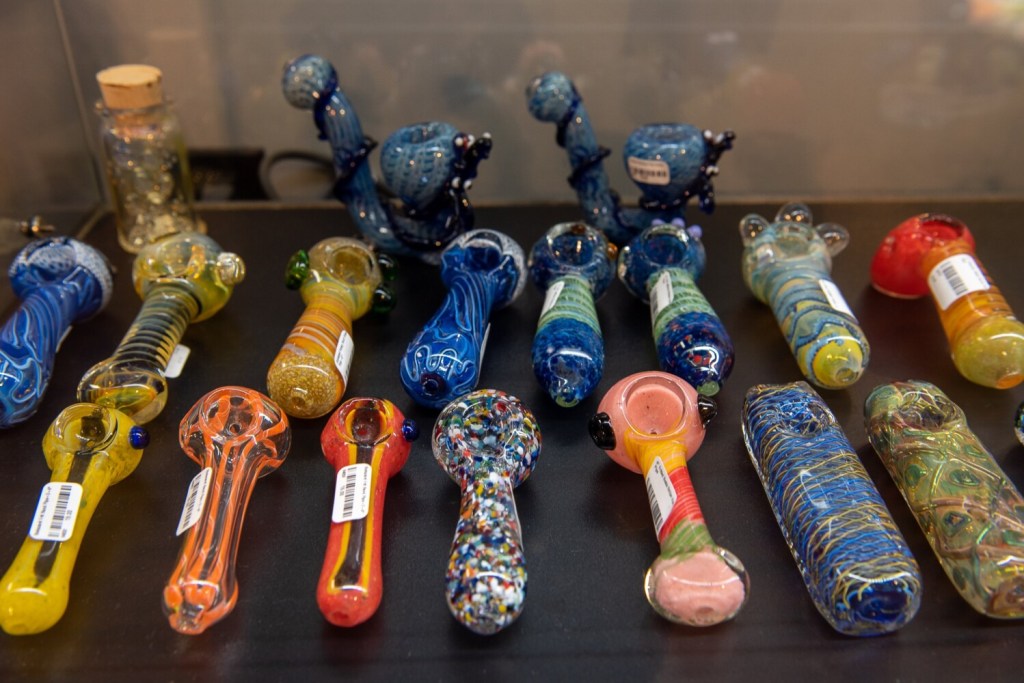
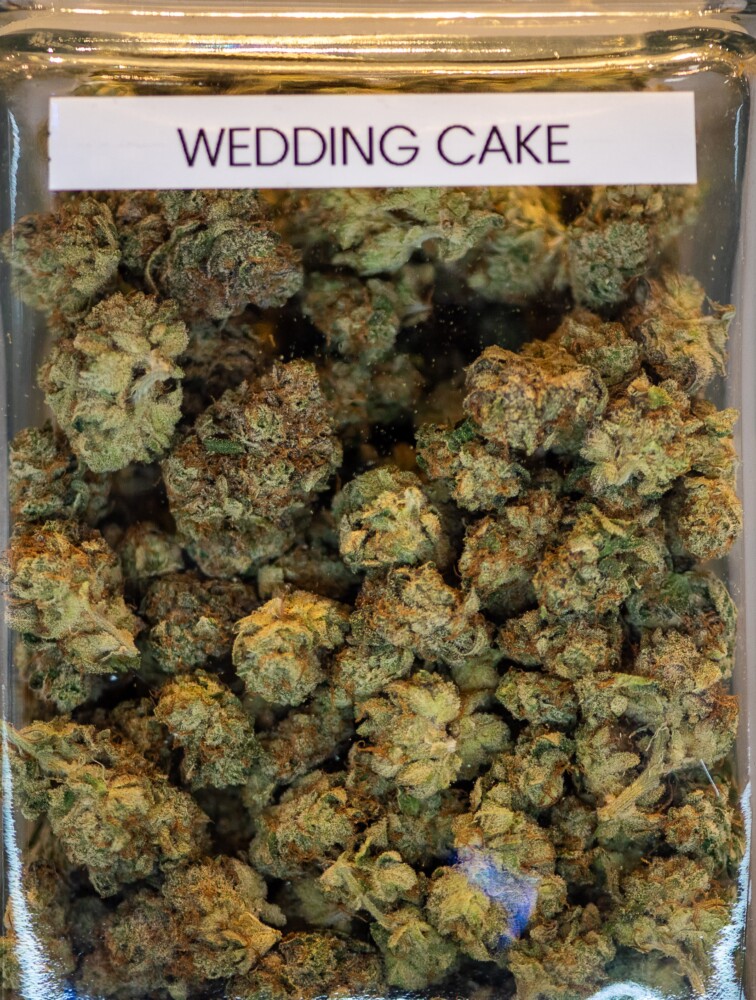

Success. Please wait for the page to reload. If the page does not reload within 5 seconds, please refresh the page.
Enter your email and password to access comments.
Hi, to comment on stories you must . This profile is in addition to your subscription and website login.
Already have a commenting profile? .
Invalid username/password.
Please check your email to confirm and complete your registration.
Only subscribers are eligible to post comments. Please subscribe or login first for digital access. Here’s why.
Use the form below to reset your password. When you've submitted your account email, we will send an email with a reset code.